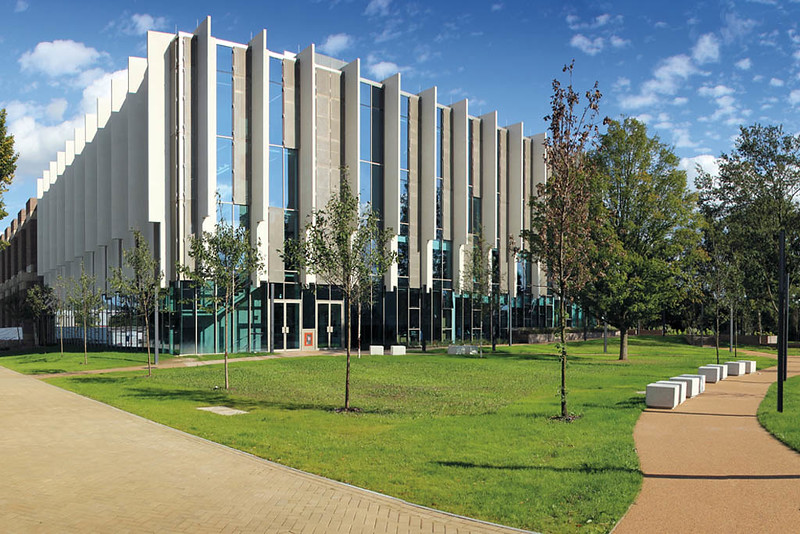Originally from Greece and before getting into the research world, Georgios was a Support Worker in health and social care services.

I am glad that the University and my supervisors are flexible and provide online meeting opportunities
What made you decide to undertake a PhD at Kent?
I felt that research can further our understanding of care practices and contribute to bettering the working conditions of staff, and the lives of the people receiving care.
I came across the Tizard Centre when I was looking for research opportunities in Kent. I put forward a PhD application due to the Tizard Centre’s research significance in the fields of learning disability, autism, and beyond.
How often do you commute to campus? How accessible is the campus?
As I do not live in Kent, I am not often on campus, and I am glad that the University and my supervisors are flexible and provide online meeting opportunities.
How many hours do you dedicate to studying for your PhD? And how do you manage your time effectively?
Conducting PhD research is my full-time job and I aim to work five days a week, eight hours per day, usually during office hours. Research can become a wild journey and I wanted to ensure that I stick to my work schedule, take two days off a week, and not burn out. Three years in, I am happy to say that this approach has so far worked for me, at least for the most part.
Any advice for prospective postgraduate students?
I feel that the word advice is a strong word, so I will not provide advice per se, instead, I will share some thoughts on my PhD journey hoping that prospective candidates might find some of it useful:
- Secure funding if you can, for example, a University or other scholarship to cover your tuition fees and provide you with a stipend. PhD research is hard and important work, and we all deserve to get paid for the work we do.
- Try to build a positive, honest, and supportive relationship with your supervisors as they are key people in your research journey. Of course, relationships are two-way, and you should expect that your supervisors will also try and do the same.
- Speak to your PhD peers as together you can make sense of the PhD journey and learn from each other.
- Remember that doing research is a malleable process and resembles living organisms in real life: developing, adapting, making mistakes, collaborating, solving problems, and so on.
- Be persistent and have faith in yourself and others! Rejection is part of the process and there is always the next Conference/Journal/audience that might be interested in your work.
- Finally, tame your PhD, do not let it run wild! As discussed above, treating it as a job (…with everything that a job entails) did the trick for me. Find what helps you to have an as smooth and balanced journey as possible.

